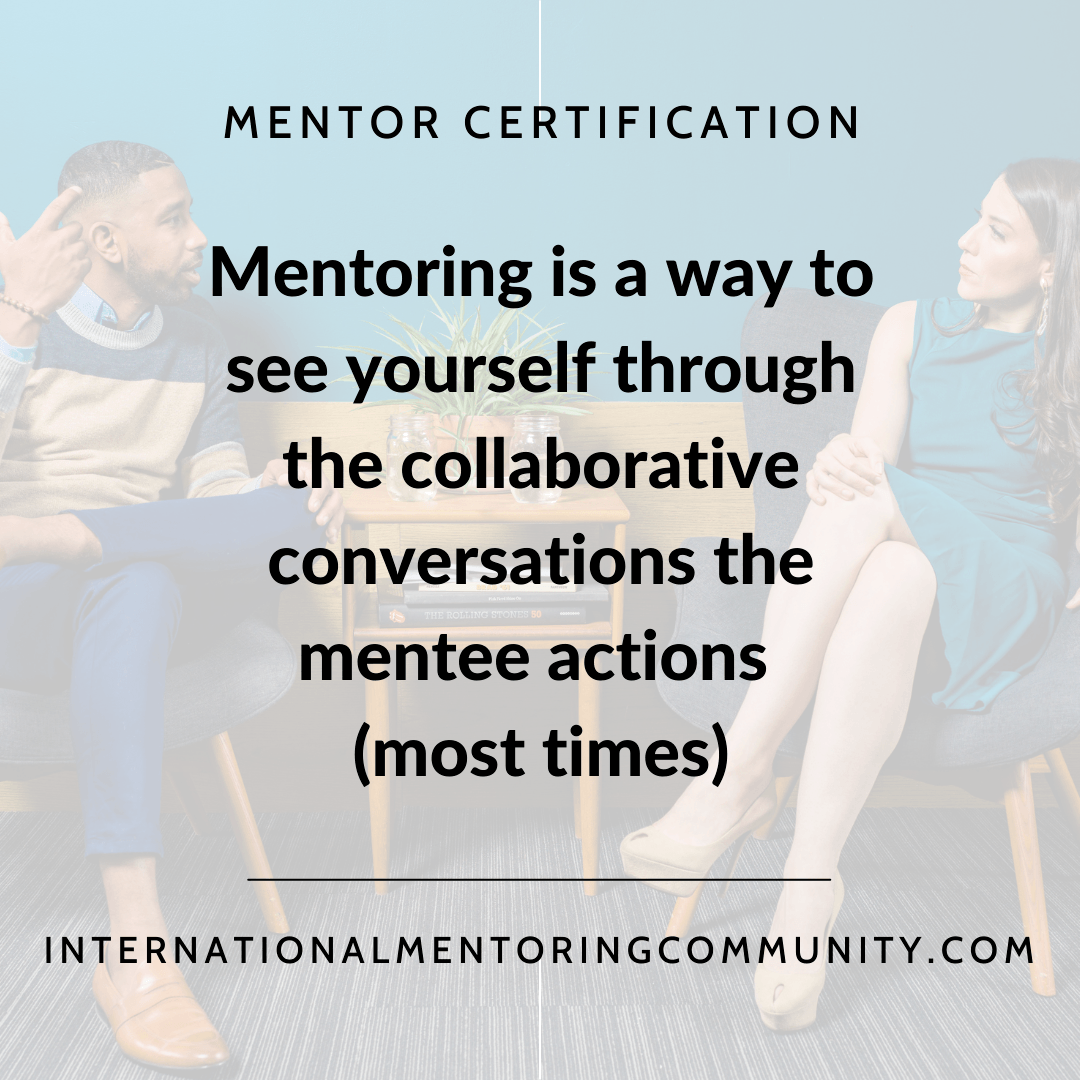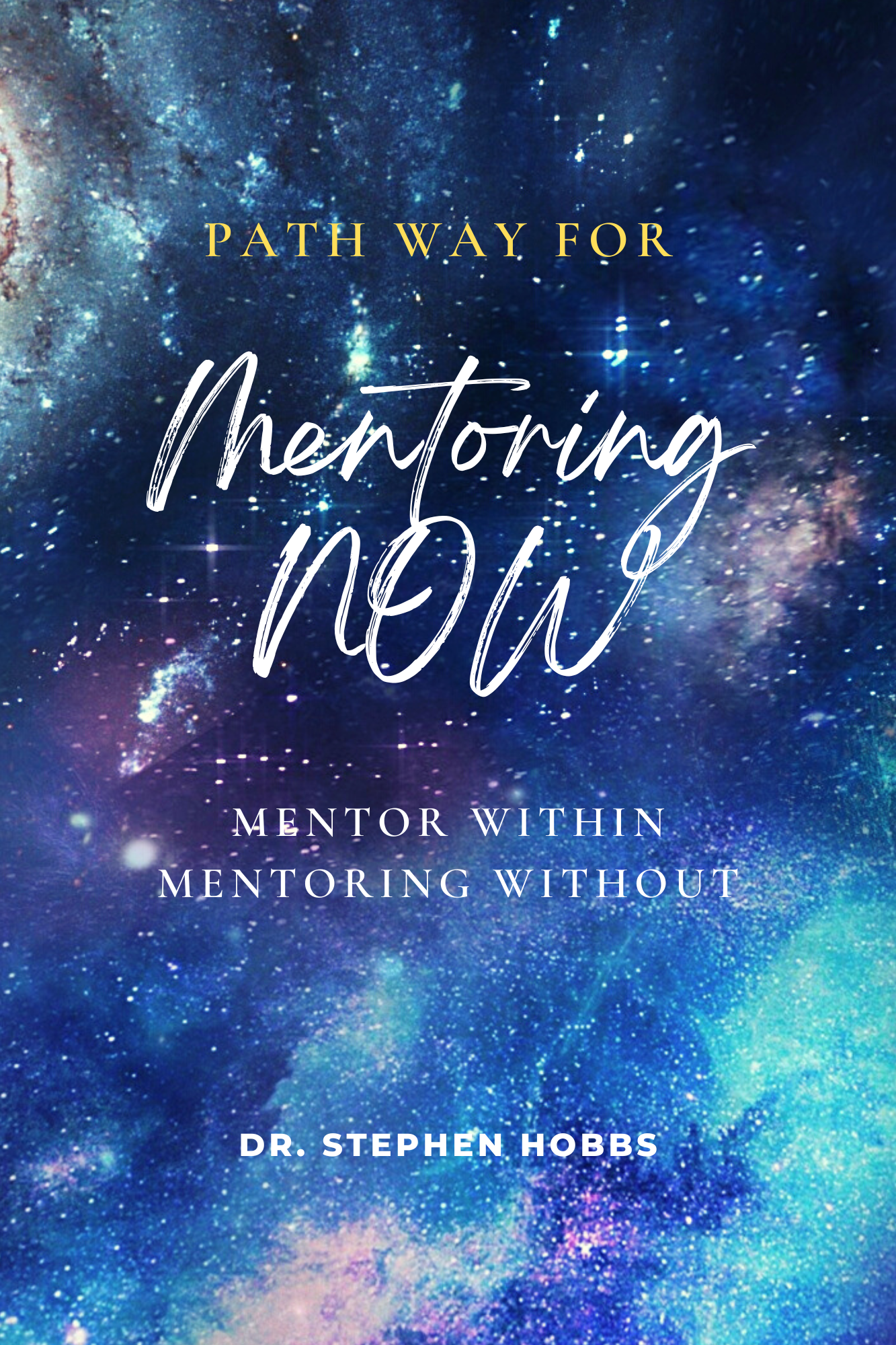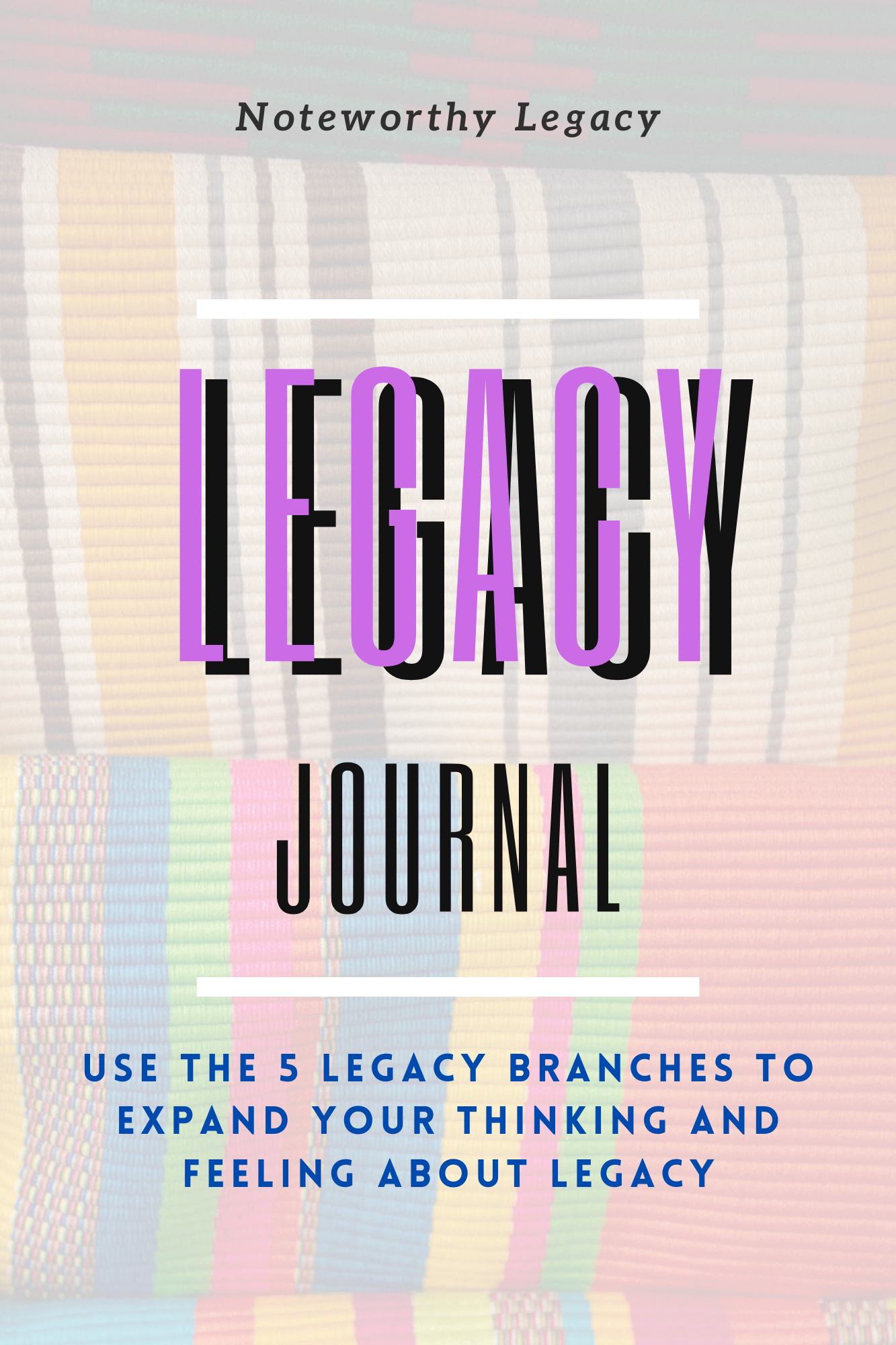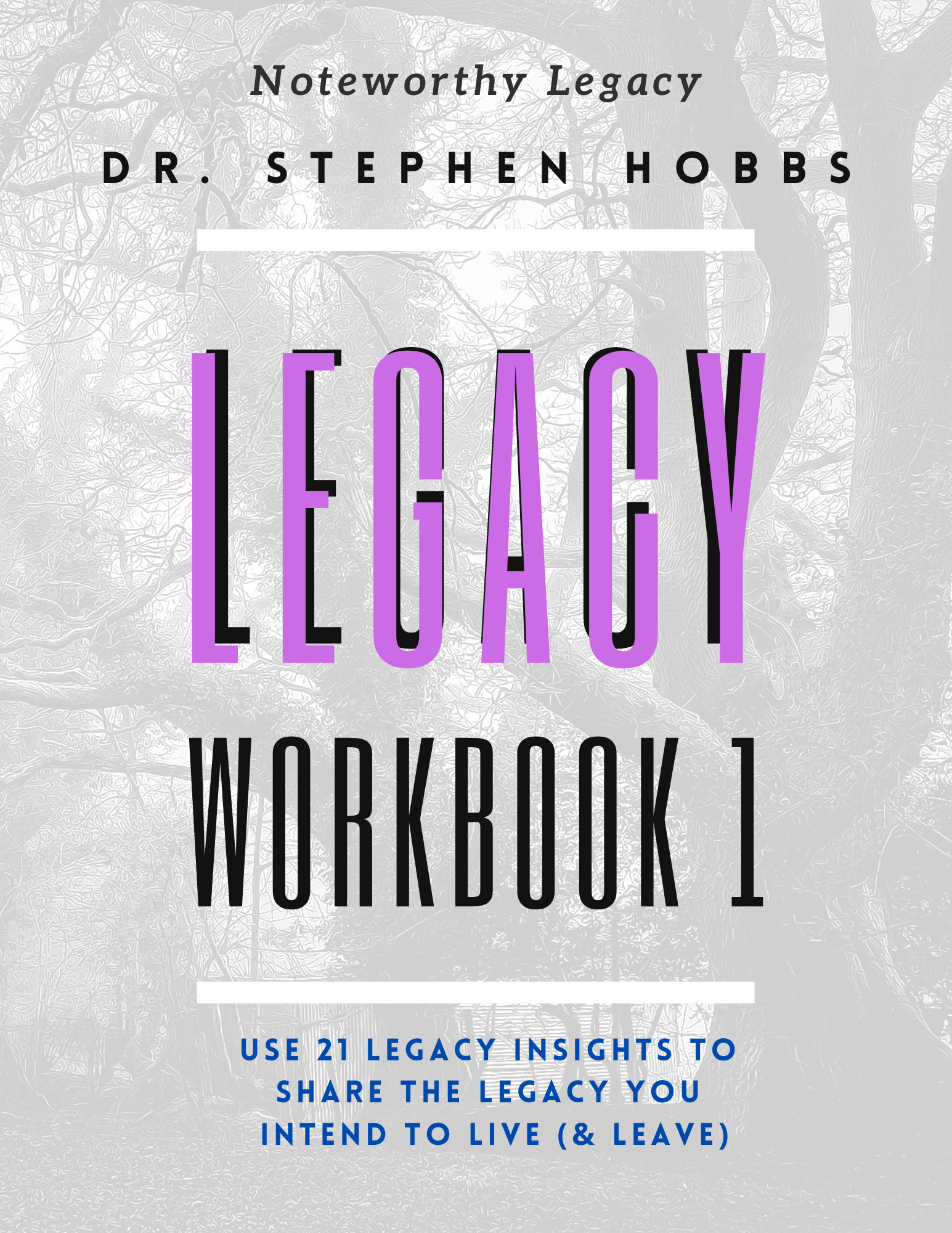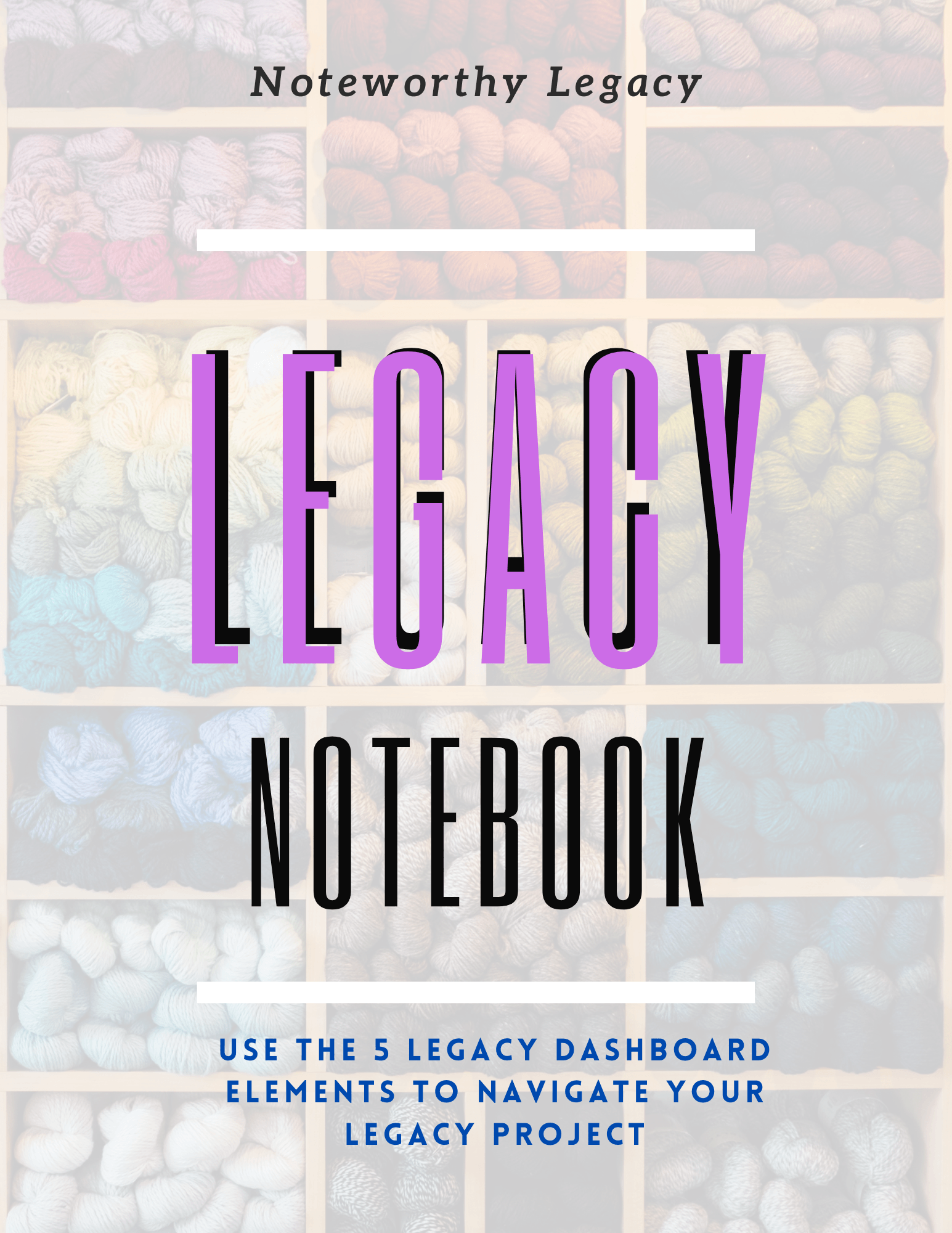Evolve Tomorrow's Leaders Through Mentoring: Succession Development Approach
Contributor:
Doug Lawrence TalentC
Use mentoring as a succession development tool and technique to support workers 50+ in sharing their knowledge and skills before they leave the organization of work.
Improve - Focus - Strengthen Succession Development
“Planning - Managing - Leading - Evaluating”
Key Takeaways:
Focus on Succession Development:
Prepare future leaders to ensure continuity and retain valuable knowledge.
Leverage Elder Wisdom:
Use the experience of elders to guide and develop younger employees.
Integrate Mentoring into Succession Planning:
Ensure a smooth transition of leadership by incorporating mentoring into the planning process.
Celebrate Elder Contributions:
Recognize and honor the role of elders in shaping the organization’s future.
Build a Mentoring Legacy:
Create a lasting impact by viewing mentoring as a way to build a legacy.
Moving In: The Role of Mentoring in Succession Development
In every organization, people come and go. But what happens to all the valuable knowledge and experience when someone leaves? That's where succession development comes in. Succession development is preparing the next generation of leaders to take over. This ensures that when elders in an organization retire or move on, the knowledge and skills they've accumulated don't disappear with them.
What Is Succession Development?
Succession development is like preparing for a relay race. You have a runner holding the baton (the current leader), and when they finish their part of the race, they pass the baton to the next runner (the future leader). This ensures that the race continues smoothly, and the team has a good chance of winning. In a business setting, succession development means preparing new leaders to take over important roles when current leaders leave. It's about training, mentoring, and guiding them so they are ready to lead when the time comes.
Mentoring as a Tool and Technique for Succession Development
Mentoring plays a crucial role in succession development. It's a way for experienced elders to pass on their knowledge to younger employees. Mentoring involves a mentor (the experienced person) guiding a mentee (the less experienced person) by sharing their insights, skills, and wisdom. This process helps the mentee learn from the mentor's experiences and mistakes, so they can become better leaders.
Why Organizations Need to Focus on Developing Their Successors
Organizations can't afford to lose valuable knowledge when elders leave. Imagine a library losing all its books when the librarian retires. The knowledge in those books would be lost forever. Similarly, if an elder leaves without passing on their knowledge, the organization loses valuable insights. Focusing on succession development ensures that knowledge is passed on, and the organization continues to thrive.
Here are a few reasons why developing successors is essential:
Continuity: Preparing successors ensures that the organization continues to run smoothly, even when leaders change.
Knowledge Transfer: It helps curate valuable knowledge within the organization.
Employee Motivation: It shows employees that the organization cares about their growth and future, which can boost morale and engagement.
The Importance of Elder Wisdom in Organizations
Elders in an organization are like living encyclopedias. They have years of experience, deep insights, and a wealth of knowledge that can benefit everyone. Their wisdom comes from real-life experiences, learning from mistakes, and understanding the organization's culture and values. When elders share their wisdom, they provide valuable lessons that can't be found in textbooks.
Here’s why elder wisdom is so important:
Experience: Elders have faced and solved many challenges over the years. Their experience can guide new leaders through similar challenges.
Institutional Knowledge: They understand the organization’s history, culture, and values. This knowledge helps maintain the organization's identity and continuity.
Mentorship: Elders can mentor younger employees, helping them grow and develop into future leaders.
Preparing Future Leaders through Mentoring
To ensure that elder wisdom is not lost, organizations need to integrate mentoring into their succession planning process. This means creating opportunities for elders to mentor younger employees, so their knowledge and experience are passed on.
Here’s how mentoring can prepare future leaders:
Learning from Experience: Mentors share their experiences, helping mentees learn valuable lessons without making the same mistakes.
Developing Skills: Mentors help mentees develop the skills needed to lead effectively.
Building Confidence: Mentors provide guidance and support, boosting the mentee’s confidence in their abilities.
Mentoring as Part of Succession Planning
Integrating mentoring into the succession planning process ensures a smooth transition of leadership. It celebrates the contributions of elders while preparing the next generation of leaders.
Here’s how mentoring fits into succession planning:
Identifying Potential Leaders: Mentoring helps identify employees with the potential to become future leaders. Mentors can spot talent and provide the support needed to develop it.
Knowledge Transfer: Mentoring ensures that valuable knowledge is transferred from elders to younger employees.
Celebrating Elder Contributions: Mentoring acknowledges the contributions of elders, celebrating their role in shaping the organization’s future.
Celebrating Elder Contributions
Mentoring is not just about preparing future leaders; it's also about celebrating the contributions of elders. When elders mentor younger employees, they pass on their legacy, ensuring that their impact continues even after they leave. This celebration of elder contributions can take many forms:
Recognition: Publicly acknowledging the contributions of elders and their role as mentors.
Legacy Projects: Encouraging elders to work on legacy projects that document their knowledge and achievements.
Mentoring Programs: Creating formal mentoring programs that highlight the importance of elder contribution
Integrating the “Mentoring as Legacy” Storyline
The concept of “Mentoring as Legacy” integrates mentoring into the broader narrative of succession planning. It recognizes that mentoring is not just about transferring knowledge; it's about creating a legacy. When elders mentor younger employees, they are building a bridge between the past and the future. They are ensuring that their wisdom and values continue to shape the organization long after they have left.
Here’s how to integrate this concept:
Storysharing: Encourage elders to share their stories and experiences with younger employees. This creates a narrative that connects the past with the future.
Legacy Building: View mentoring as a way of building a legacy, not just as a task to be completed.
Future Focus: Emphasize the importance of preparing for the future while honoring the past.
Moving Forward: The Holistic Advantage of Mentoring as Legacy
Mentoring as a succession development tool and technique offers a holistic approach to organizational learning. It ensures that valuable knowledge and wisdom are passed on, preparing future leaders and celebrating the contributions of elders.
By integrating mentoring into the succession planning process, organizations can create a continuous cycle of learning and growth, ensuring that they remain resilient and successful in the face of change.
In this way, mentoring as legacy becomes not just a method of knowledge transfer, but a fundamental aspect of building a thriving, future-ready organization.
Please use this Form to receive email updates on our products, services, and experiences.
Also, you can ask questions - share a comment - pass along a funny.
We will use your email for Living Legacy Life communication ONLY!
Start today, and transform your Next Fifty into a period of unparalleled growth, relevance, and legacy by mentoring wholehearted arrangements and collaborative connections.
For a deeper dive and more resources on creating a lasting legacy with mentoring, gaining perspective through weaving together experience and education, visit...
Website - front page outlines Legacy Mastery and Mentoring NOW courses
Website Blog - read articles of topics linked with legacy with mentoring
Website store - access books using various delivery platforms - see covers beside//below this article
Welcome to Legacent_the online magazine weaving the topics legacy, experience, education, safety,
Below is a retrospective synthesis of your 2025 Legacy Ecosystem content, drawn
Below is a retrospective synthesis of your 2025 Legacy Ecosystem content, drawn
Welcome to Legacent_the online magazine weaving the topics legacy, experience, education, safety,
Welcome to Legacent_the online magazine weaving the topics legacy, experience, education, safety,
Welcome to Legacent_the online magazine weaving the topics legacy, experience, education, safety,


